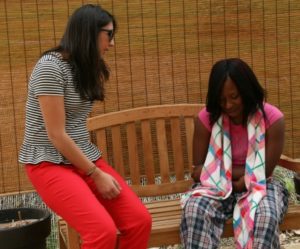By Liz Aleman, Equal Justice Works Law Fellow/Attorney, Sponsored by The Morrison and Foerster Foundation
If you are still in foster car e at 18, it means you were never adopted, nor reunited with your biological parents. You may have come into the system more recently, in your teen-aged years, but long after the abuse or neglect began and went unnoticed. Then again, you could have come into the system as a young child. Maybe you went back and forth between foster parents and biological parents, and the final attempts at reunification were unsuccessful. Maybe you came into care as a young child, but no one was willing to become your guardian or adoptive parent. Maybe by 18, you’ve been a “foster child” for over 10 years. If you’re in foster care at age 18, California is your parent.
e at 18, it means you were never adopted, nor reunited with your biological parents. You may have come into the system more recently, in your teen-aged years, but long after the abuse or neglect began and went unnoticed. Then again, you could have come into the system as a young child. Maybe you went back and forth between foster parents and biological parents, and the final attempts at reunification were unsuccessful. Maybe you came into care as a young child, but no one was willing to become your guardian or adoptive parent. Maybe by 18, you’ve been a “foster child” for over 10 years. If you’re in foster care at age 18, California is your parent.
Age 18 is momentous for everyone. It’s the expectation of independence, the angst of decision-making, the anxiety of new responsibility, and the hope of financial success. You’ve heard about apartment leases, driver’s licenses, the high school diploma, the college degree, and the paycheck, but you might not really know how to achieve these things. These things that everyone is encouraging you to do, but no one carries the full weight of—no one but you. Most 18 year olds need support from someone older than they—support that should be the financial or emotional safety net provided by parents, a safety net that allows room for trial and error. Foster youth don’t usually have a true financial or emotional safety net provided by a parent or family. It comes in the form of Assembly Bill 12 (AB12).
AB12 is the California law that provides three more years of social services and legal representation to foster youth in care at age 18. This means that between 18 and 21, California tries its best to replicate what a parent might do: provide for the youth by helping them finish their high school education, start college, stay in college, get a job, find a place to live, get medical care, and teach adult life skills.
I’m the law fellow at EBCLO that is directing our AB12 Project aimed to help our 18-21 year old clients get all the available services under AB12, and one day transition out of care with a greater degree of success. Every day I interact with our newly adult clients who are struggling the most. I often hear their stories of how they came into the system, and how they’re beginning to see how their past is affecting their current decisions. Some of our adult clients have learning or developmental disabilities, some have emotional disturbances or severe mental health illnesses, and some have such an impaired ability to trust others that interpersonal conflict rules their life. The trauma of their youth impacts their ability to thrive as adults.
I’m hopeful that my legal strategy and advocacy, community organizing, or listening ear, help our clients along. Recently I got a text message from a 19 year old client who is also a mother. She said she moved into a new transitional housing apartment, but had no food to eat. Obviously the issue was bigger than food for that day. Her life is hard. The next day, I helped assemble her team of providers (CASA, case manager, and social worker). She was struggling in many aspects of her life—school, work, unpaid bills, dental care, child care, and money management. We talked with her, planned with her, and empowered her to tackle the various issues, one at a time. We assigned each other tasks to work on together, while showing her respect and role modeling problem solving skills. Our hope is that we’re teaching her how to “do adult life.” There will always be trials, and complications, and moments of crisis in life. But if I can help these young people act and try and cope, just a little bit more than last time, I’m making a difference.
I never thought as a lawyer that I’d be able to make change in and outside of the courtroom. There are many times when I advocate for our young adult clients in court: taking issues to trial, or holding other parties accountable, for example. But fortunately, working for EBCLO means lawyering in the everyday lives of our clients. It means dropping off applications, making phone calls together, and attending or organizing meetings. It means visits to jail, maternity wards, restaurants, homes, and schools. It means fielding new and complicated issues in our clients’ lives, every single day. It means having real talk with young people on the best and worst days of their lives. It really means experiencing the joys and sorrows of life and relationship—the stuff that truly matters. No, representing adults in foster care is not an easy job. But it’s a thrilling job, to say the least.
